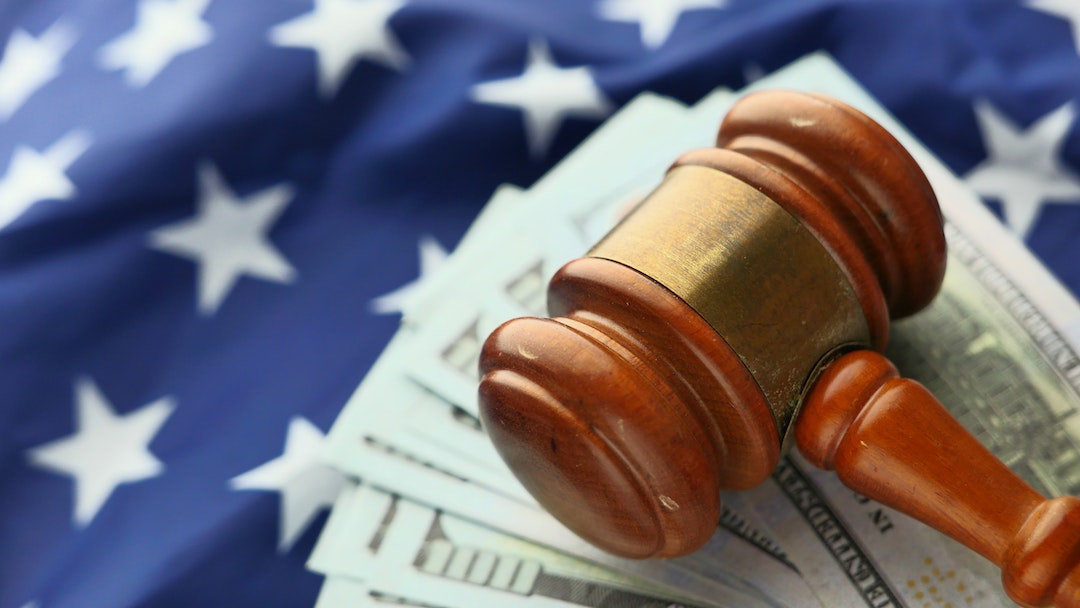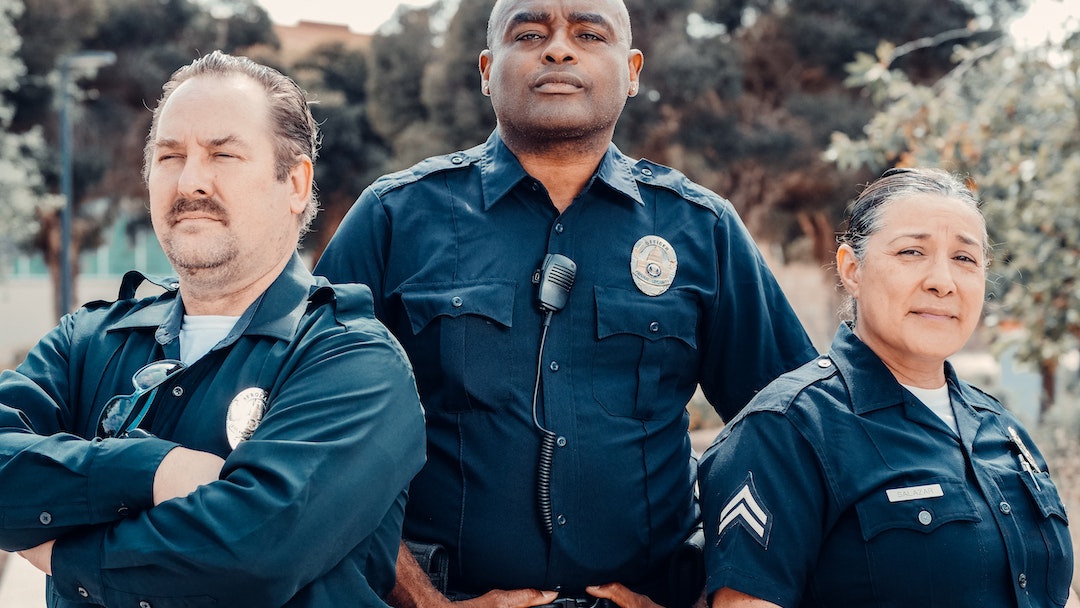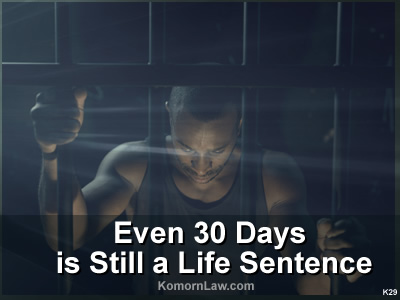Michigan Rules of Evidence 801-807 Hearsay:
In the courtroom, truth-finding is paramount. Yet, not every statement offered as evidence directly reveals the truth. Enter the realm of hearsay, statements made out of court, and the complex rules governing their admissibility. In Michigan, Rules of Evidence 801-807 serve as the gatekeepers, determining which hearsay statements can cross the threshold and be heard by the jury.
Rule 801: Hearsay and its Exceptions
The battle begins with understanding the enemy – hearsay. Rule 801 defines it as a statement:
- Made outside of court: The statement cannot be made during the current trial or hearing by the person who made it (the declarant).
- Offered to prove the truth of the matter asserted: The statement’s purpose is not just to narrate an event, but to convince the jury of the truth of the matter it describes.
However, not all out-of-court statements are hearsay. Rule 801 itself provides several exceptions:
- Present sense impressions: Statements made about an ongoing event or sensation perceived by the declarant are admissible. Imagine a witness describing a car accident as it unfolds.
- Excited utterances: Statements made under the stress of a startling event, while still fresh in the declarant’s mind, can be admitted. Think of a person’s immediate cry for help after being robbed.
- State of mind: Statements revealing the declarant’s then-existing state of mind, such as intent, belief, or emotion, are admissible. For example, a suicide note expressing the writer’s intent to end their life.
Rule 802: The General Hearsay Ban – A Wall with Cracks
While Rule 801 identifies the enemy, Rule 802 raises the barricades. It generally prohibits the admission of hearsay, recognizing the inherent danger of relying on uncross-examined statements. However, the rule isn’t a fortress—cracks exist in the form of numerous exceptions.
These exceptions fall into two broad categories:
- Unavailability of the declarant: When the declarant is unavailable to testify in court due to death, illness, or other legitimate reasons, certain hearsay statements become admissible. This includes prior statements made under oath (depositions or testimonies in other proceedings), dying declarations, and statements against interest.
- Reliability and trustworthiness: Even if the declarant is available, certain types of hearsay are admitted due to their inherent reliability and trustworthiness. These include business records, medical records, family records, public records, and certain statements about personal or family history.
Have your rights been violated?
Have your driving priviledges been revoked?
Has your professional license been suspended?
Second Amendment rights taken away?
Have you been charged with a crime?
Call our office to see if we can help
Komorn Law 248-357-2550
Rules 803-806 – A Spectrum of Exceptions
Each exception in Rules 803-806 has its own specific requirements and nuances. For instance, Rule 803(a) allows business records to be admitted if they were kept in the regular course of business and meet certain foundational requirements. Rule 803(b) permits excited utterances only if made under the immediate stress of a startling event, while Rule 803(c) allows statements against interest if the declarant would have reasonably expected the statement to harm their legal position.
These rules provide a spectrum of exceptions, balancing the need for reliable evidence with the concerns over hearsay’s inherent dangers. Navigating this spectrum requires careful consideration of the specific facts and circumstances of each case.

Rule 807: The Residual Exception – A Last Resort
Even after considering all established exceptions, some cases may still involve crucial hearsay evidence not neatly categorized. This is where Rule 807, the residual exception, steps in. It allows for the admission of hearsay that doesn’t fall under any other exception, but only if it meets four strict conditions:
- Equivalent circumstantial guarantees of trustworthiness: The statement must have indicia of reliability comparable to those of the established exceptions.
- Material fact: The statement must be relevant to a significant issue in the case.
- More probative than any other available evidence: The statement must be the best evidence available on the issue at hand.
- Serves the purposes of these rules and the interests of justice: Admitting the statement must ultimately advance the goals of fair and just adjudication.
The residual exception is a powerful tool, but its use is limited and subject to careful judicial scrutiny.
Important:
This article provides a simplified overview of the Michigan Rules of Evidence for informational purposes only. It should not be interpreted as legal advice. When facing legal matters, always consult with a qualified attorney for professional guidance.
The Michigan Rules of Evidence are subject to change over time. Always consult the latest official version for accurate information.
Here is the link to the Michigan Rules of Evidence Handbook. Check the footer for the latest update.
Related Articles
No Results Found
The page you requested could not be found. Try refining your search, or use the navigation above to locate the post.
More Posts

DUI in Michigan
DUI in MichiganDriving under the influence (DUI) is a serious offense in Michigan that can result in severe legal consequences. Michigan DUI laws and penalties are designed to prevent impaired driving and keep the roads safe for everyone. From fines and license...

Conducting Criminal Enterprise Charges (CCE)
Conducting Criminal Enterprise laws and penalties in MichiganConducting Criminal Enterprise (CCE) is a serious offense in Michigan, carrying severe penalties for those convicted. Defined under Michigan Compiled Laws (MCL), CCE refers to the involvement in a pattern of...

Michigan’s DUI Laws and Penalties
Michigan's OWI Laws and PenaltiesAn DUI / OUI / OWVI conviction requires proof only that the driver shows visible signs of impairment due to ingesting alcohol or drugs. The Michigan Law Under MCL 257.625(3), you are assumed guilty of a crime if, regardless of your...

Michigan Law on Boating Under the Influence
Michigan Laws on Boating Under the InfluenceBoating is a fun activity, but it can be dangerous if the operator is under the influence of drugs or alcohol. Michigan law prohibits operating a motorboat while under the influence of drugs or alcohol. Boating Under the...

I was arrested what should I do
I was arrested what should I doIf you have been accused of any Crime or DUI.Call Our Office If You're Ready to Fight it.DO NOT TALK CONFESS BE AN A-HOLE THINK YOUR SMARTER THAN THE COPS THINK BY COOPERATING THEY WILL BE ON YOUR SIDE LIE (You can't lie if you say...

Federal Court Strikes Down Gun Ban For People Who Use Marijuana
The federal government's justification for upholding the law is "concerning," according to a federal judge, who ruled that the ban on marijuana users owning firearms is unconstitutional. A man was charged in Oklahoma in 2022 after police found marijuana and a handgun...

Police found my friend’s drugs in my car-What do I do?
When you're pulled over by the police and your friend throws their stash under your seat. Are they still your friend? That's up to you. But at the moment you probably are going to take the fall, pay the price and have your life turned inside out and upside down. The...

The Right to a Jury Trial
When facing criminal charges you have the right to have a trial by jury. The justice system will offer you the right to a jury trial. It's just a matter if you can afford that right. A jury trial with an attorney that is not a public defender can be costly. If you...

Can Police Lie To You?
Police are allowed to lie to you. One might believe that if you ask an undercover cop if they are a police officer they have to tell you. That’s not true. Police can and will lie to you. It's legal for cops to lie The Police may legally lie, bluff, mislead and...

Client testimonies about their experience with the legal system
Komorn Law clients speak about their experience with the legal system Several of Komorn Law client's as well as other individuals have chosen to speak about their encounter with law enforcement, the legal system and how it has affected their lives, families and...








